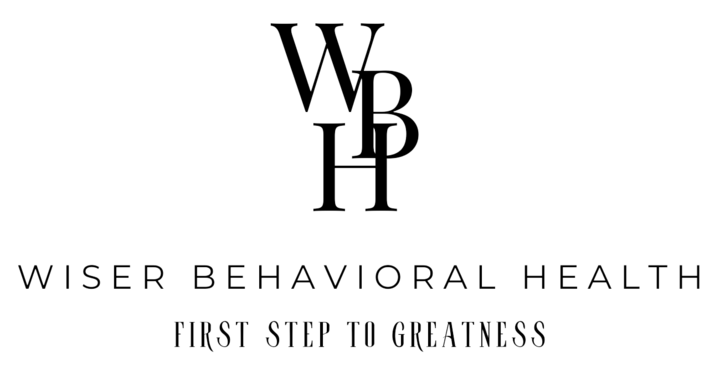People with certain personality disorders may exhibit impulsive actions or poor decision-making, often without considering the consequences. These behaviors can range from reckless spending to risky sexual behavior or substance abuse. Understanding the underlying causes of these behaviors is essential in providing effective treatment and support for individuals with personality disorders.
Personality Disorders
Personality disorders may feel like an insurmountable shadow over your life, but with our compassionate guidance and tailored therapeutic strategies, stepping into the light of recovery is entirely within reach. Let us walk beside you on this journey towards healing and self-discovery, empowering you to rewrite the narrative of your life with strength and resilience.




